Tokenization of Real Estate
How blockchain technology is improving the real estate market.
The multi-trillion real estate industry has faced multiple challenges and digitalization of assets, also known as Tokenization, is starting to transform the industry and the revolution has already started. Property tokenization is one of the most promising use cases of blockchain technology. With a total asset value of US$228 trillion globally, real estate is a more valuable asset class than bonds and stocks combined. Only in 2019, institutions have aimed to tokenize US$ 2.4 billion of real estate.
Benefits
Tokenization is able to break the large investment amount of a real estate asset into smaller shares. Fractional ownership of real estate opens up a new potential capital pool of investors. Tokens are stored on a distributed ledger which uses an algorithm of smart contracts that validate the token ownership. The algorithm does not only provide the investor with very high cybersecurity measures but also reduces the administrative costs that usually come with trading asset ownerships. On the secondary market, investors can sell their tokens at any time for a very low cost. At the same time, tokenization maintains all of the regulations a regular real estate project has to follow as it is subject to supervision by the respective financial authorities (e.g., German BaFin or U.S. SEC).
How does Tokenization of Real Estate work?
The tokenization process divides the real estate assets value into shares or “tokens”, those tokens represent a predefined share of the underlying asset. These tokens are called “security tokens” and the fundraising is often referred to as “security token offering” (STO). Tokens are stored on a digital wallet and can be traded at any time. Tokenized assets are being securely issued, traded and settled through a distributed ledger. Distributed ledger technology (DLT) has been around for over a decade but only recently has its potential started to leverage property management. The technology makes use of smart contracts to validate asset ownership. The consensus mechanism of the distributed ledger offers very high cybersecurity measures for issuers and investors.
One of the major challenges of launching an STO is legal complexity. As all the legal regulations have to be met and complied with, therefore, issuers are strongly advised to seek professional help from an accredited STO advisor or service in order to avoid costly legal mistakes.
We, at Black Manta Capital, are working on several real estate tokenization projects at the moment, launching the first tokenized residential property in Berlin in Q1/2020. Pre-register on our Investment Platform for further information and updates.




